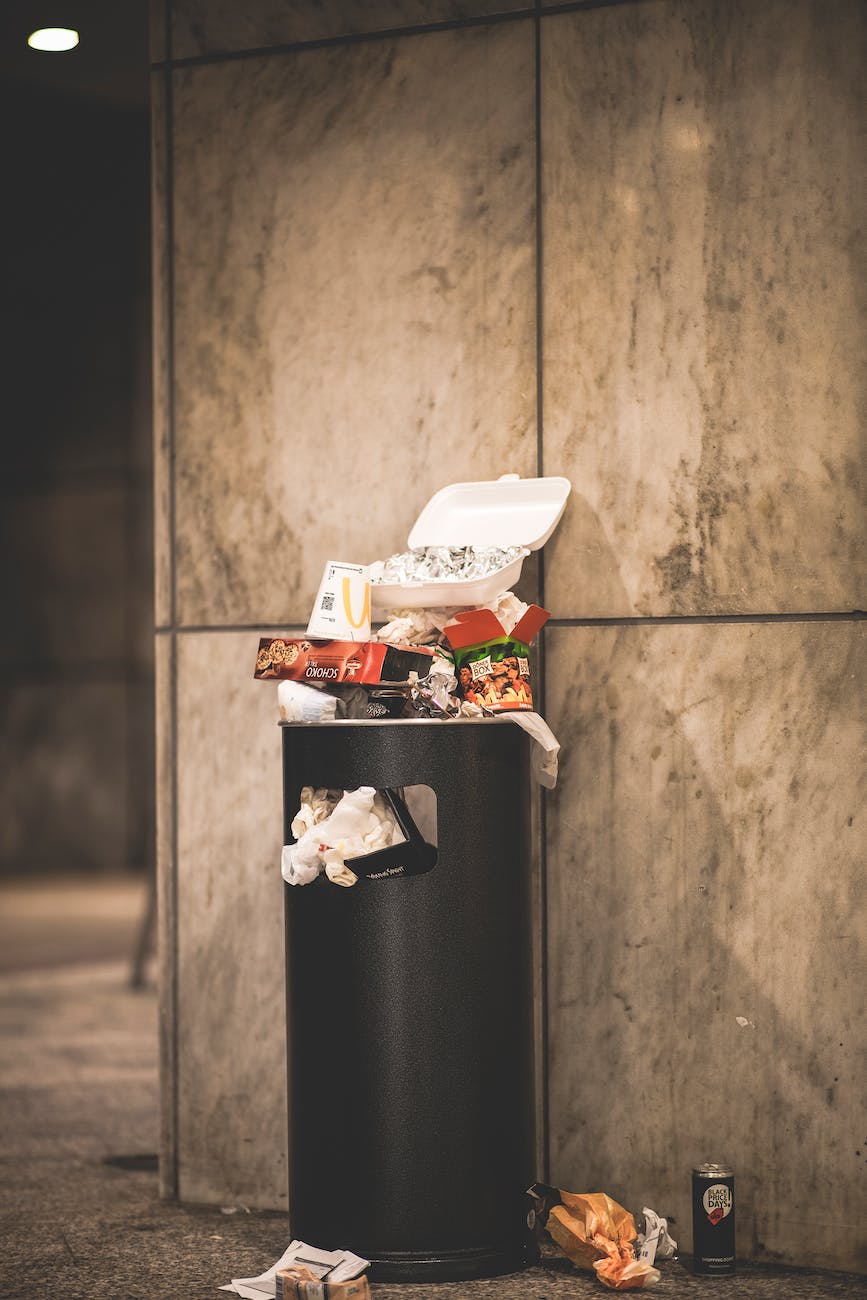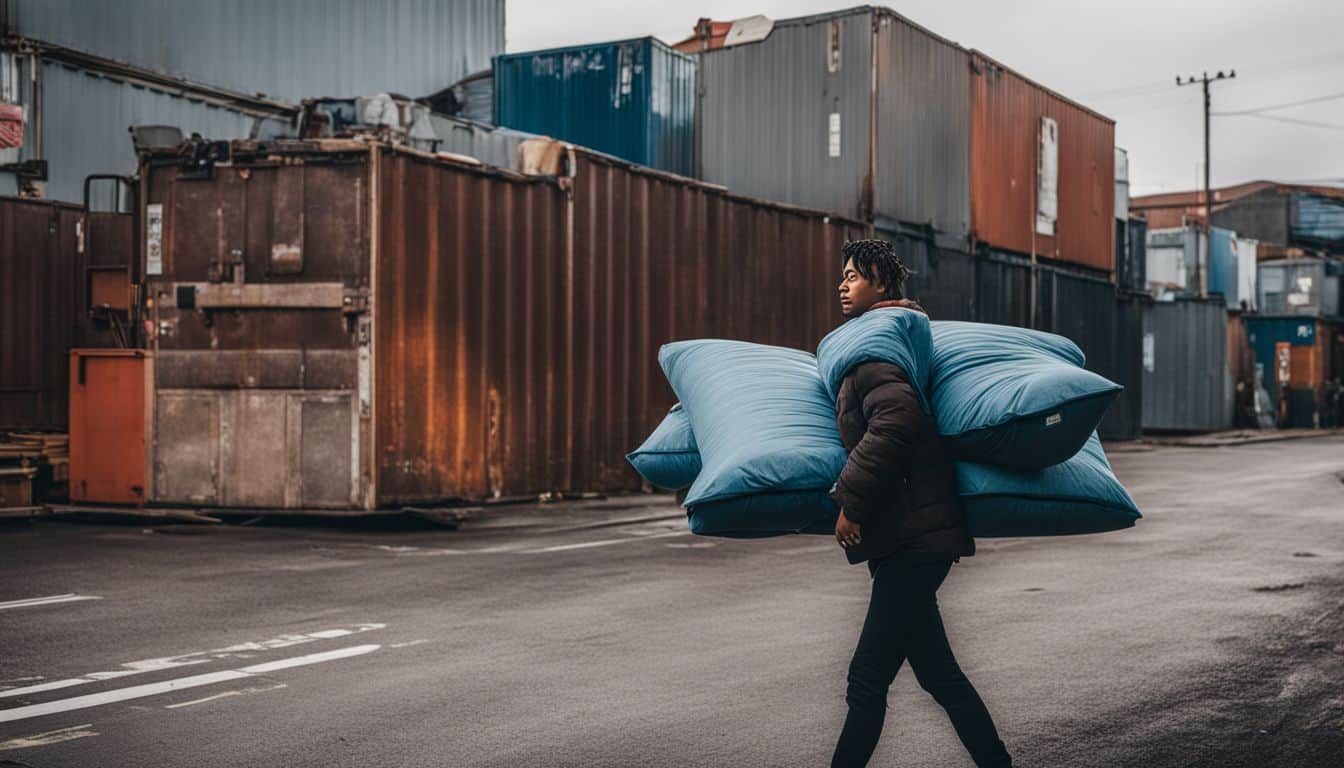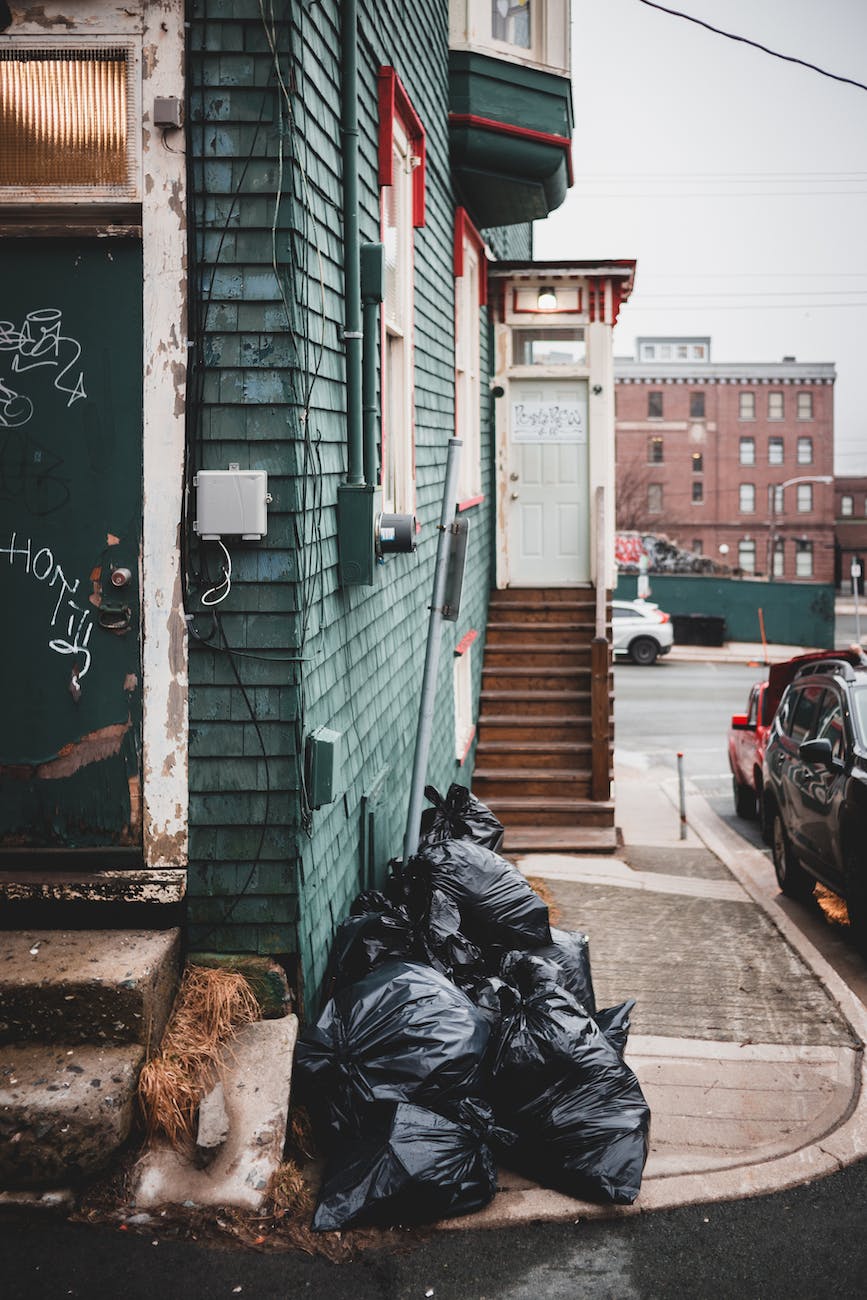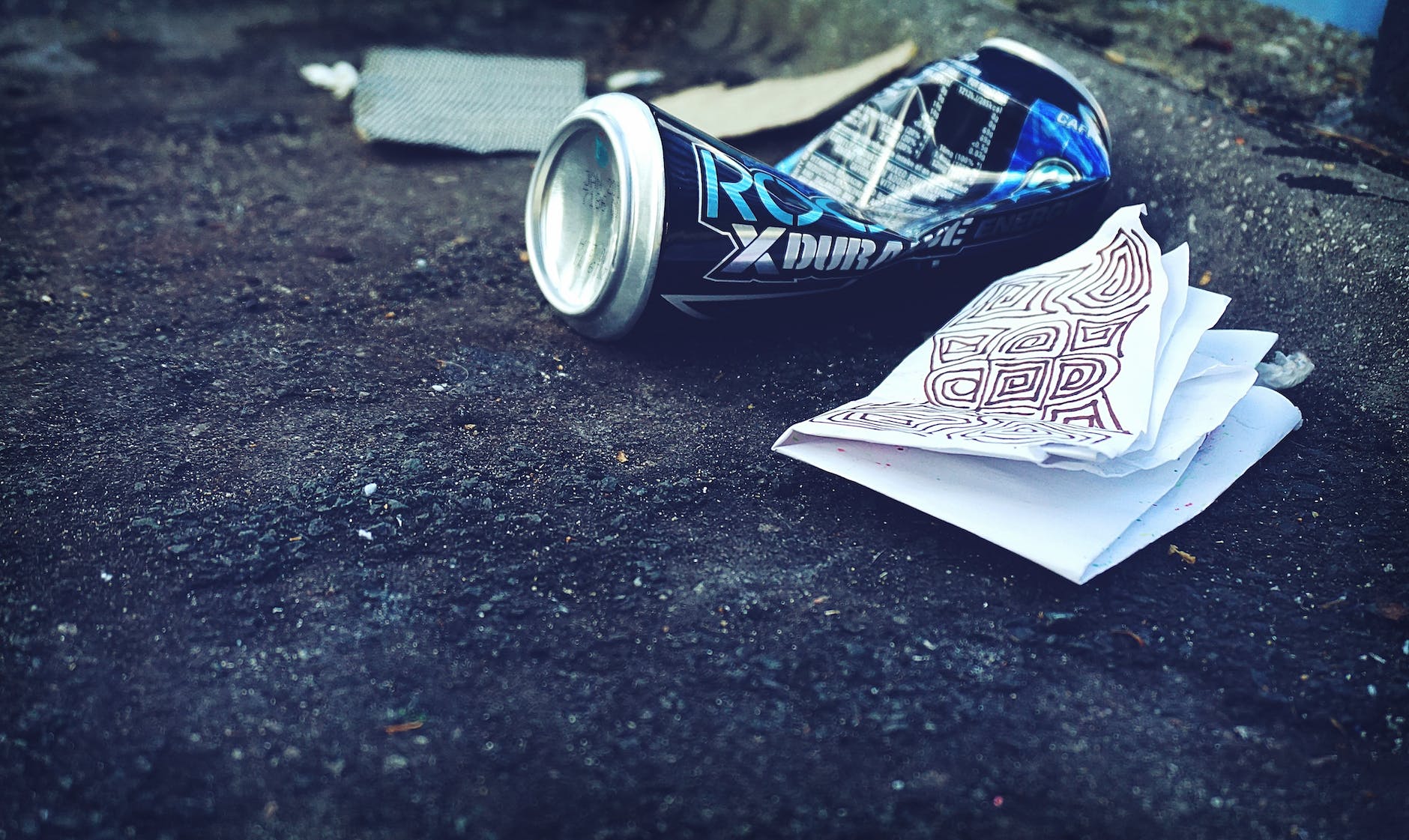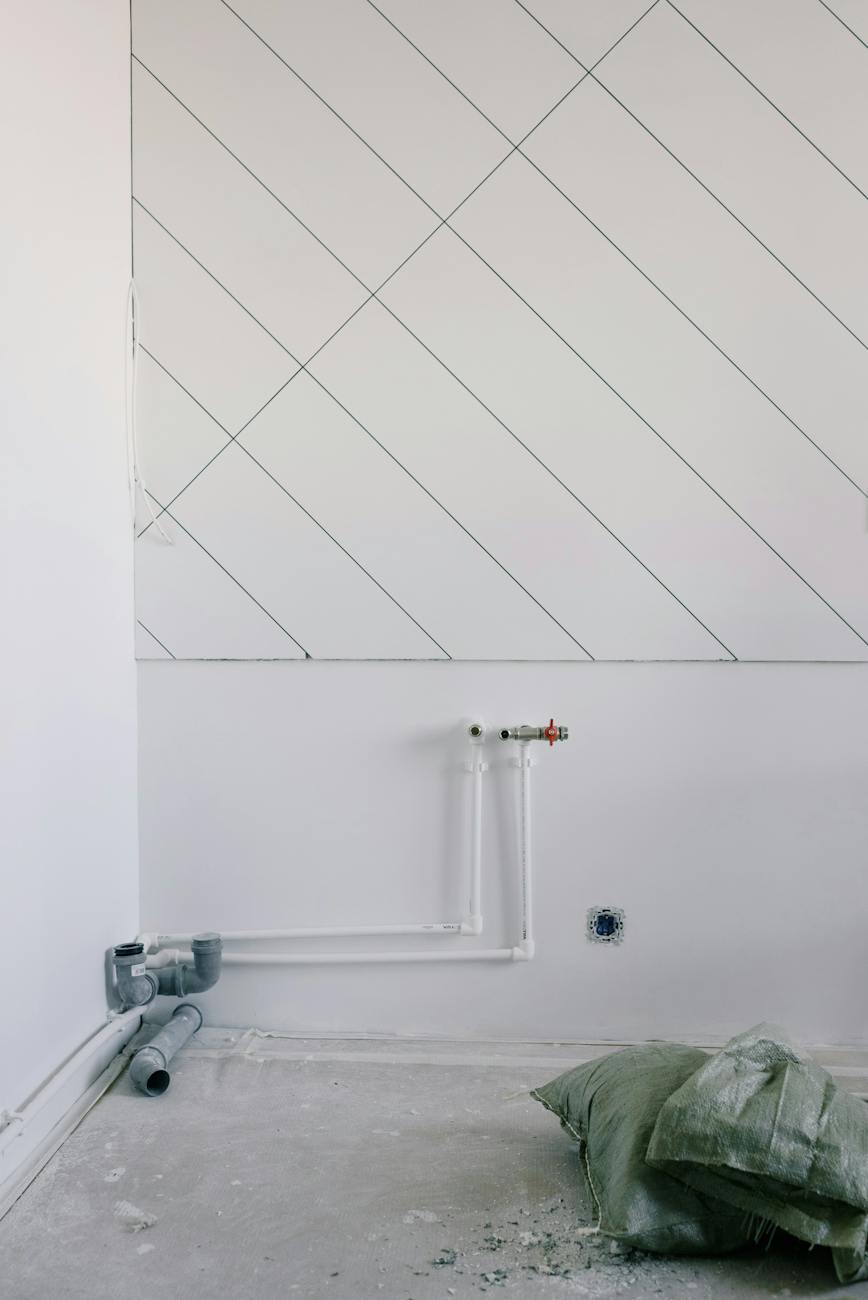Introduction to Decluttering in Dublin
Dublin, with its vibrant culture and bustling urban life, is not immune to the accumulation of clutter. Tidying up spaces, whether at home or in the office, is not only about aesthetics; it’s an essential practice with far-reaching implications.
The Importance of Decluttering
Decluttering is a process that goes beyond mere cleaning. It’s about making intentional decisions on what to keep and what to let go, creating a more functional and pleasant environment. For Dubliners, this practice is not just a chore but a necessary step towards a more organized lifestyle.
In residential homes, clutter can accumulate rapidly, leading to a disorganized space that detracts from the comfort and functionality of the home. Businesses and commercial entities also face similar challenges, where an excess of unneeded items can hinder productivity and create an unprofessional atmosphere.
For construction companies and property management firms, the stakes are even higher. Proper rubbish removal and site cleanliness are crucial in maintaining safety standards and ensuring projects stay on track. With the right strategies for rubbish removal, these entities can significantly improve their operational efficiency.
The Impact of Clutter on Daily Life
The effects of clutter extend beyond the physical space. It can have a profound impact on one’s mental well-being and daily routine. In Dublin’s fast-paced environment, clutter can contribute to stress, reduce focus, and sap energy. For professionals juggling busy schedules, an organized space can be a sanctuary for productivity and relaxation.
For municipal agencies, managing clutter in public spaces is key to maintaining the city’s appeal and functionality. Whether it’s streamlining waste management for agencies or enhancing public spaces, the goal is to create a clean and inviting environment for all.
Decluttering is also an opportunity to embrace eco-friendly practices. By sorting items to keep, donate, recycle, or dispose, Dubliners can contribute to a more sustainable community. This aligns with the city’s initiatives towards sustainable practices and the circular economy, reducing waste generation and maximizing recycling opportunities.
The decision to declutter your Dublin home and embrace quick & easy rubbish removal tips is the first step towards a more organized and efficient lifestyle. Whether you’re a homeowner seeking to simplify your space, a construction company looking to clean up your site, or a business aiming to optimize operations, understanding the importance and impact of decluttering is essential.
Planning Your Decluttering Strategy
Setting Clear Decluttering Goals
Before embarking on any decluttering project in Dublin, setting clear and achievable goals is essential for success. Whether it’s to create more space, reduce stress, or prepare for a move, having a defined objective will guide the decluttering process and provide motivation. Goals should be specific, measurable, attainable, relevant, and time-bound (SMART). For example, one may aim to declutter the living room by the end of the week, ensuring all unwanted items are ready for rubbish removal.
Sorting Your Items: Keep, Donate, Recycle, or Dispose
A critical step in decluttering is sorting items into categories: keep, donate, recycle, or dispose. This process ensures that each item is handled appropriately, reducing waste and supporting sustainability efforts in Dublin.
Keep
Items that are frequently used, have significant value, or bring joy should be kept. These items should be organized and stored neatly to maintain a clutter-free environment.
Donate
Items in good condition that are no longer needed can be donated to local charities or community centers, giving them a second life and helping those in need. Consider the numerous eco-friendly rubbish disposal solutions for Dublin businesses that can facilitate the donation process.
Recycle
Many items that are no longer usable can be recycled. Dublin offers various recycling centers and services to ensure materials like paper, glass, and plastic are processed correctly. Refer to recycling made easy: Dublin’s top rubbish removal services for more information on recycling options.
Dispose
For items that are damaged beyond repair or cannot be recycled, proper disposal is necessary. Hiring skips for larger decluttering projects or scheduling regular rubbish pickups can be effective methods. For items that require special disposal, such as electronic waste or hazardous materials, consult sustainable practices: eco-friendly rubbish removal in Dublin for guidance.
By thoughtfully sorting through belongings and determining which category they fall into, one can efficiently declutter their Dublin home while being mindful of the environment. Engaging in regular assessments and adopting decluttering habits will help maintain a clutter-free space and contribute to a more organized and peaceful living environment.
Decluttering Different Areas of Your Home
Tackling the Living Spaces
The living spaces in your Dublin home are areas where you entertain guests and spend quality time with family. To declutter these spaces, begin by sorting through books, magazines, and various décor items. Next, address the storage of multimedia items and electronic devices, ensuring that everything has a designated spot. Consider donating items that no longer serve a purpose or are no longer in use.
For larger items such as furniture, decide whether they enhance the functionality of the space. If not, selling or donating them could free up valuable room. Remember, the goal is to create an inviting and comfortable environment for everyone to enjoy.
Organizing Bedrooms and Wardrobes
Bedrooms are sanctuaries for rest and relaxation. Start decluttering by tackling the wardrobe. Sort clothing into categories: keep, donate, recycle, or dispose. Here’s a simple guide:
| Clothing Category | Action |
|---|---|
| Frequently worn | Keep |
| Unused for over a year | Donate |
| Damaged beyond repair | Recycle or Dispose |
Use organizers for clothes that are kept to maintain an orderly wardrobe. If items are seasonal, consider using vacuum-sealed bags for storage to save space.
Clearing Out the Kitchen and Pantry
Kitchens and pantries are prime areas for accumulation. Begin by emptying cabinets and shelves, then sort food items and kitchenware. Check expiration dates and dispose of outdated products. Donate duplicate or unused appliances to clear counter space. Implement organizational tools for spices, dry goods, and utensils to maintain order.
Decluttering the Garage and Outdoor Spaces
Garages often become storage areas for tools, sports equipment, and seldom-used items. Sort everything into categories such as keep, donate, or dispose. Consider installing shelving or pegboards to organize tools and equipment. Dispose of any hazardous materials safely and in accordance with Dublin’s guidelines, which can be found in our article on rubbish removal dublin: streamlining waste management for agencies.
Dealing with Electronic Waste
Electronic waste, or e-waste, requires special attention due to its potential environmental impact. Sort through old electronics and decide whether to keep, sell, or recycle. Many electronic devices can be recycled through dedicated facilities in Dublin. For more information on electronic waste disposal, visit our guide on maximizing recycling opportunities with Dublin’s rubbish removal services.
By systematically addressing each area of your home, you can effectively declutter and organize your living space, making it more functional and inviting. Remember to utilize Dublin’s rubbish removal and recycling services to dispose of unwanted items responsibly. For further insights into eco-friendly decluttering methods, refer to our article on sustainable practices: eco-friendly rubbish removal in Dublin.
Understanding Rubbish Removal in Dublin
Efficient waste management is critical for maintaining a clean and healthy environment. In Dublin, understanding the various types of waste and their appropriate disposal methods is essential for residential homeowners, commercial businesses, and other entities.
Types of Waste and Appropriate Disposal Methods
Waste can be broadly categorized into several types, each requiring specific disposal methods to minimize environmental impact. The following table outlines the types of waste commonly found in Dublin and the recommended disposal approaches:
| Type of Waste | Disposal Method |
|---|---|
| Household Waste | Regular rubbish collection services |
| Recyclable Materials | Separate collection bins for paper, plastics, glass, etc. |
| Organic Waste | Composting or bio-waste facilities |
| Electronic Waste | E-waste recycling centers or special collection events |
| Construction Debris | Skips or specialized removal services |
| Hazardous Waste | Designated disposal facilities or hazardous waste collection events |
For detailed information on disposing of specific types of waste, entities may refer to efficient estate clearances: Dublin’s rubbish removal specialists and construction site clean-up: rubbish removal services in Dublin.
Recycling Options in Dublin
Dublin offers numerous recycling opportunities for individuals and businesses aiming to contribute to sustainability. Recyclable materials include paper, cardboard, glass, plastics, and metals, which can significantly reduce the amount of waste sent to landfills.
Residents and businesses can utilize blue bins for mixed recyclables, brown bins for organic waste, and green bins for non-recyclable materials. Dublin’s recycling centers provide additional resources for items that are not typically collected during regular rubbish pickups.
Entities looking to enhance their eco-friendly practices can explore sustainable practices: eco-friendly rubbish removal in Dublin and maximizing recycling opportunities with Dublin’s rubbish removal services.
For those needing tailored solutions for diverse waste disposal challenges, tailored rubbish removal: Dublin’s answer to waste disposal challenges offers insights into customizing waste management strategies to fit specific needs.
Dublin’s extensive recycling and rubbish removal options empower individuals and organizations to declutter efficiently while supporting environmental conservation. By leveraging the available services and resources, Dubliners can maintain decluttered, organized spaces and contribute to a cleaner city.
Practical Rubbish Removal Tips
Properly managing and disposing of waste is a fundamental aspect of decluttering any Dublin home or business. The following rubbish removal tips can make the process more efficient and environmentally friendly.
Scheduling Regular Rubbish Pickups
Regular rubbish collection is a simple yet effective way to manage waste for homes and businesses. It ensures that refuse does not accumulate, which can be both unsightly and unhygienic. For residential homeowners, Dublin offers scheduled collection services for different types of waste, including general waste, recyclables, and organic waste.
Commercial businesses and property management firms may require more frequent pickups due to the larger volume of waste they produce. Establishing a routine collection schedule with a trusted waste management provider can streamline operations and maintain cleanliness. See commercial waste solutions: Dublin’s premier rubbish removal services for more information.
Hiring Skips for Larger Decluttering Projects
For larger decluttering projects, such as estate clearances or construction site clean-ups, hiring skips can be an efficient way to handle a significant amount of waste. Skips are available in various sizes to accommodate different project scales and types of waste.
| Skip Size | Suitable For |
|---|---|
| Mini Skip | Small home decluttering projects |
| Midi Skip | Moderate home or garden clearances |
| Builders Skip | Construction and renovation projects |
| Large Skip | Large-scale waste removal or commercial projects |
When choosing a skip, consider the volume of waste and the space available for placement. Always ensure compliance with local regulations regarding skip placement and waste disposal. For guidance on selecting the right skip size, refer to the ultimate guide to rubbish removal for Dublin construction projects.
Utilizing Dublin’s Recycling Centres
Dublin’s recycling centres offer a responsible way to dispose of recyclable materials that may not be accepted in regular collection services. These centres are equipped to handle a variety of materials, including paper, glass, plastics, and electronic waste. Utilizing these facilities can greatly reduce the environmental impact of decluttering efforts.
Before visiting a recycling centre, sort items into categories to expedite the process. For more details on the materials accepted and the location of recycling centres, consider reading recycling made easy: Dublin’s top rubbish removal services.
Implementing these rubbish removal tips can significantly enhance the decluttering process for Dublin residents and businesses. By scheduling regular pickups, hiring skips for larger projects, and making use of recycling centres, individuals can contribute to a cleaner and more sustainable environment. For further insights into eco-friendly rubbish disposal, explore sustainable practices: eco-friendly rubbish removal in Dublin.
Safety and Legal Considerations
When decluttering your Dublin home, safety and adherence to legal waste disposal regulations are non-negotiable. This section focuses on the proper handling of hazardous materials and ensuring compliance with Dublin’s waste disposal laws.
Safe Handling and Disposal of Hazardous Materials
Hazardous materials can pose significant risks to health and the environment if not handled correctly. It’s crucial to identify these substances during the decluttering process and follow the appropriate protocols for their disposal.
| Hazardous Material | Safe Handling Precaution |
|---|---|
| Chemical Cleaners | Wear gloves; keep away from children |
| Electronic Waste | Do not break apart; store in dry areas |
| Batteries | Avoid contact with metal objects |
| Paints and Solvents | Keep in original containers; seal tightly |
Residents should familiarize themselves with the designated drop-off points for hazardous waste in Dublin. For more comprehensive information on eco-friendly disposal, consult our article on eco-friendly rubbish disposal solutions for Dublin businesses.
Ensuring Compliance with Dublin’s Waste Disposal Regulations
Dublin has specific regulations in place to manage various types of waste responsibly. These laws are designed to protect the environment and public health. Non-compliance can result in hefty fines and legal repercussions.
Residents are encouraged to separate recyclables from general waste and utilize the appropriate bins for each. Familiarizing oneself with the waste collection schedule in your area can prevent the buildup of rubbish and potential penalties.
For larger decluttering projects, especially in commercial or construction settings, it’s essential to understand the legal requirements for waste disposal. Partnering with professional rubbish removal services can simplify compliance and ensure that waste is managed efficiently and legally. To explore options for professional assistance, consider reading the ultimate guide to rubbish removal for Dublin construction projects and commercial waste solutions: Dublin’s premier rubbish removal services.
By paying close attention to safety and legal aspects, individuals and businesses can declutter responsibly, creating a safer and cleaner environment for all.
Encouraging Eco-Friendly Practices
As residents and businesses in Dublin strive for a cleaner and more sustainable environment, it’s imperative to adopt eco-friendly practices that help reduce waste generation and embrace the principles of the circular economy.
Reducing Waste Generation
Reducing waste begins with mindful consumption and efficient resource use. By purchasing only what is necessary and opting for products with minimal packaging, individuals and businesses can significantly cut down the amount of waste produced. In addition, choosing reusable items over single-use products is a positive step toward waste reduction.
Implementing a zero-waste strategy can be beneficial for both residential homeowners and commercial entities. This strategy revolves around the concept of ‘Refuse, Reduce, Reuse, and Recycle,’ which encourages people to refuse unnecessary items, reduce consumption, reuse products, and recycle materials whenever possible.
To support waste reduction in Dublin, businesses can explore eco-friendly rubbish disposal solutions that focus on sustainability and minimizing environmental impact. Similarly, construction companies can benefit from construction site clean-up services that prioritize recycling and responsible disposal of building materials.
Embracing the Circular Economy in Dublin
The circular economy is a model of production and consumption that involves sharing, leasing, reusing, repairing, refurbishing, and recycling existing materials and products for as long as possible. In Dublin, embracing the circular economy means creating closed loops where products are designed to be durable, repairable, and recyclable.
Businesses can lead the way by designing products with a longer lifespan, providing repair services, and facilitating the return of end-of-life products for recycling or repurposing. Municipal agencies can also play a crucial role by enhancing public spaces with professional rubbish removal and recycling facilities, as seen in Dublin municipalities.
For companies looking to adopt sustainable practices, commercial waste solutions that align with the circular economy can help streamline operations and reduce environmental impact. Property management firms can contribute by partnering with Dublin rubbish removal experts who offer tailored services to meet specific waste disposal challenges.
By reducing waste generation and embracing the circular economy, Dublin’s residents and businesses can contribute to a more sustainable future, ensuring that the city remains a vibrant and clean place to live and work. For more information on maximizing recycling opportunities, visit maximizing recycling opportunities with Dublin’s rubbish removal services.
Staying Clutter-Free
Maintaining a clutter-free environment is an ongoing process. It involves adopting certain habits and routines to ensure that spaces remain organized and that waste management is handled efficiently in Dublin. This guide provides actionable tips for incorporating decluttering into your daily life and routine assessments to prevent accumulation.
Adopting Daily Decluttering Habits
To sustain a decluttered home or workplace, it’s essential to embed decluttering practices into everyday routines. Here are some daily habits individuals and organizations can adopt:
- Designate a place for everything: Assign specific spots for frequently used items to avoid misplacement and clutter.
- Implement the one-in-one-out rule: When a new item is brought into the space, ensure an old item is donated, recycled, or disposed of.
- Conduct a nightly 15-minute tidy-up: Reserve a short period each day to restore order, focusing on high-traffic areas.
- Deal with paper and digital clutter promptly: Regularly sort through mail and emails, discarding or filing as necessary.
- Embrace digital solutions: Reduce physical clutter by opting for digital alternatives where possible, such as online subscriptions or electronic records.
Regular Assessments to Avoid Accumulation
Periodic evaluations of your space can prevent the gradual build-up of clutter and waste. These assessments can be scheduled monthly, quarterly, or bi-annually, depending on the nature of the space and the rate of accumulation.
During these assessments, consider the following actions:
- Review the functionality of items: If something hasn’t been used since the last assessment, it’s likely that it’s not needed and can be removed.
- Audit spaces for efficiency: Check if the current organization systems are still effective or if they need adjustment.
- Identify items for repair or repurposing: Some items might not need to be disposed of if they can be fixed or used differently.
- Stay informed about rubbish removal services: Keep up to date with rubbish removal Dublin options to efficiently manage waste.
By integrating these practices into daily life and conducting regular assessments, maintaining a clutter-free and organized space becomes more manageable. Moreover, these habits contribute to the overall cleanliness and functionality of living and working environments in Dublin.
For those seeking assistance with larger decluttering projects or specialized waste disposal, exploring services such as efficient estate clearances, commercial waste solutions, and construction site clean-up can provide the necessary support. Additionally, embracing sustainable practices and maximizing recycling opportunities can further enhance the eco-friendliness of waste management efforts in Dublin.

